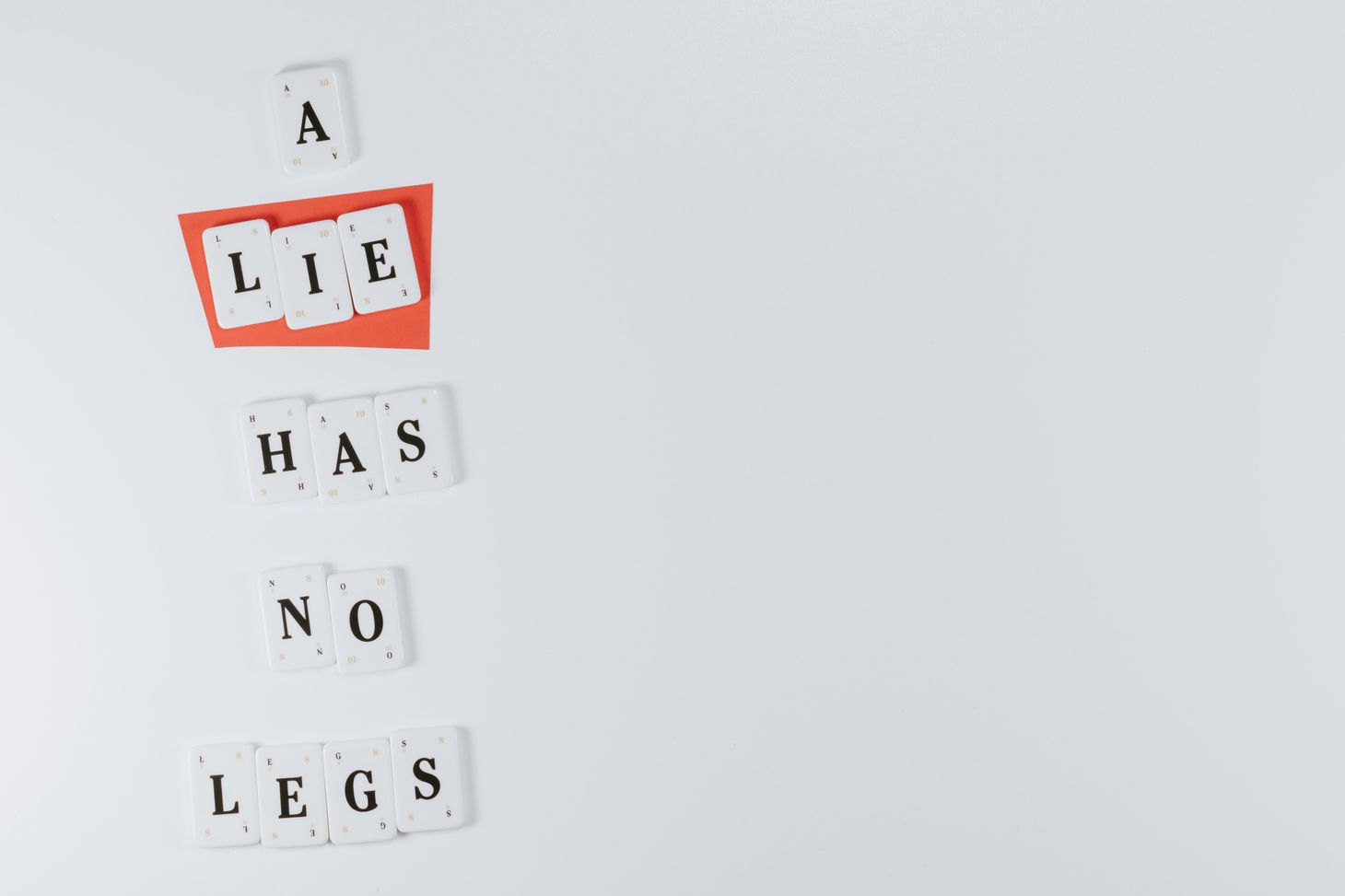TCD (Total Cost of Dishonesty)
How much are the rest of us impacted by the lack of honesty from others?

Years ago, I had a bad experience post-surgery when my wisdom teeth taken out. A couple of days after the procedure, I ruptured a blood vessel in my gum. I spent all night spitting out blood into a bucket. I stuffed tea bags into my mouth, hoping the tannin would stop the bleeding. It didn't.
As soon as the morning came, I phoned my oral surgeon and told him in some graphic detail of my plight. He seemed annoyed at my sense of urgency, but agreed to meet me as soon as his office opened for the day. When I got to the office, the doctor seemed surprised. "You really are bleeding!" I reminded him that I had mentioned that on the phone. "Yeah, but everybody says that," he told me. He stitched me up and left me to ride out the next several days feeling like someone was trying to rip the jaw off of my face.
The experience left me wondering how people who are honest are impacted by the dishonesty of others. The surgeon had openly admitted to taking my claim less seriously because his experience had taught him that people often exaggerate the state of post-surgery complications. I was able to get the care I needed, but are there situations where appropriate medical care is not received, because the care provider doesn't understand the severity of the case at hand. I imagine this could come into play in an emergency care environment where triage is being done. In such an environment, the order in which people get care is critical. What if someone is not believed, and they don't get the care they need in time to prevent further escalation of a health issue? Or worse, what if there are additional complications because the patient did not get attention quickly enough?
There are times when this dynamic comes into play and we don't even realize it. We can't always know when people are being dismissive, and, even if it's obvious, we don't always know why. An obvious case came up again recently in my life, though. I was trying to sell a pinball machine. The guy who was attempting to line up a buyer was helping me price the sale, sight unseen. He tried to talk me down from my original price, even though I told him the machine was in good condition and completely in working order. The attempt to talk me down wasn't coming from self-interest, because he wasn't going to be buying the machine. He was just trying to help me come to a reasonable price at which the machine would sell fairly quickly.
When the individual who was helping me by acting as the middleman came to assess the machine, he expressed surprise that it was in such good condition. I mentioned that I had told him it was in good shape and he responded that everyone says that. It struck me as another situation where those of us trying to be honest are saddled with expectations that other people who are less scrupulous have set.
In discussing this with someone else, I was reminded that, in these instances, people may not necessarily be dishonest, but may simply not have the knowledge to best described their experiences. That seems right for some people, and probably not for others. I'm really concerned with the others, where I think distrust becomes transitive and affects the people who don't do anything to court it.
Treasure Hoard
Join the Treasure Hoard newsletter to get digest emails in your inbox.



